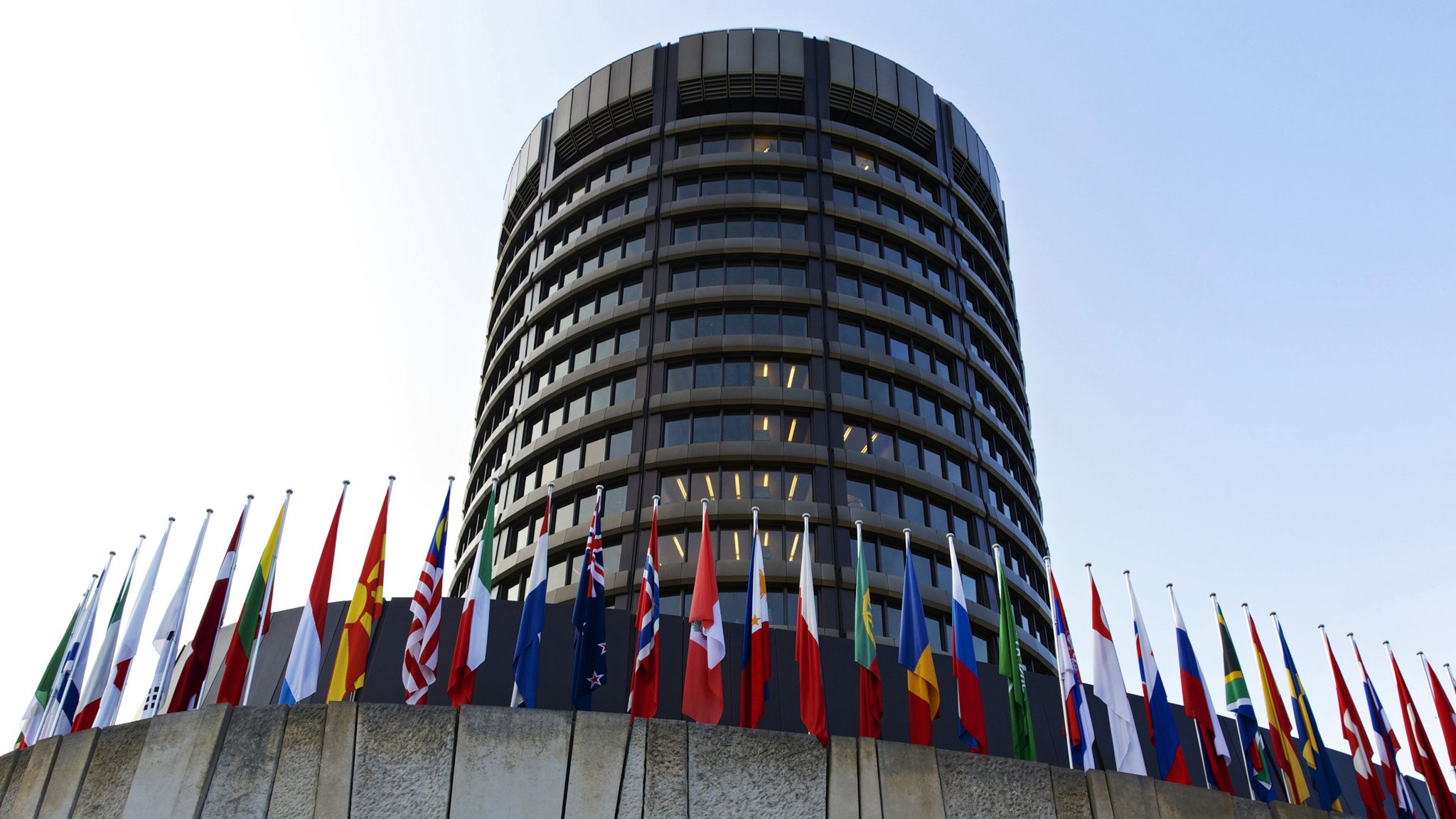Tensions Rise as Global Financial Body Pushes for Tighter Crypto Oversight
20.04.2025 10:00 2 min. read Alexander Stefanov
A new report by the Bank for International Settlements has reignited the clash between traditional financial authorities and the crypto world.
Framed as a call to limit the potential risks of digital assets infiltrating conventional markets, the BIS paper has not gone down well with Web3 advocates.
Rather than proposing a ban, the BIS suggests a regulatory firewall between crypto and traditional finance, fearing spillover effects as DeFi platforms increasingly mimic the functions of banks and asset managers.
The report points to risks hidden beneath crypto’s transparent surfaces—such as scams, user confusion, and anonymity-driven recklessness—as reasons for stricter oversight. It even questions whether the open nature of blockchain actually improves clarity for users.
These suggestions have triggered fierce pushback. Critics argue that the BIS misunderstands how DeFi works. CoinFund’s Christopher Perkins slammed the recommendations as not only out of touch but harmful, warning that such restrictions could amplify the very instability regulators aim to avoid.
He emphasized that open-source code is inherently more transparent than the traditional financial machinery BIS seeks to protect.
Others, like Curve’s founder Michael Egorov, offered less nuance—flatly rejecting the BIS stance with a call to boycott.
As DeFi weaves deeper into the fabric of global finance, the gap between institutional oversight and crypto-native values appears wider than ever. What one side views as risk, the other sees as progress. And for now, there’s little sign of either backing down.
-
1
U.S. State of Connecticut Blocks Crypto from Public Sector Operations
12.06.2025 16:00 1 min. read -
2
Federal Reserve Clears Path for Banks to Enter Crypto Market
24.06.2025 8:00 2 min. read -
3
Vietnam Charts a Clear Course for Digital Assets With New 2026 Law
16.06.2025 18:00 1 min. read -
4
GENIUS Act Clears Senate, Setting Stage for First U.S. Crypto Law
18.06.2025 12:00 1 min. read -
5
Coinbase and Set Gemini to Expand in EU Under MiCA Rules
17.06.2025 13:00 2 min. read
U.S. Supreme Court Backs IRS Access to Crypto Exchange Data
In a major development for cryptocurrency regulation and user privacy, the U.S. Supreme Court has declined to hear a challenge to the IRS’s authority to collect broad customer data from crypto exchanges.
Crypto Advocates Back Sen. Cynthia Lummis’ Push to Reform Digital Asset Tax Rules
As the U.S. Senate debates a sweeping reconciliation package dubbed the “Big, Beautiful Bill,” crypto industry advocates are rallying behind an amendment introduced by Senator Cynthia Lummis aimed at reforming outdated and burdensome tax rules for digital assets.
Germany’s Largest Banking Group Sparkassen to Offer Crypto Trading by 2026
In a major shift from its earlier stance, Sparkassen-Finanzgruppe — Germany’s largest banking group — is preparing to introduce cryptocurrency trading services for retail clients by the summer of 2026, according to a report from Bloomberg.
Kazakhstan to Establish State Crypto-Reserve Under Central Bank Oversight
Kazakhstan is taking a major step toward integrating digital assets into its national financial strategy, with plans to establish a state-managed crypto-reserve.
-
1
U.S. State of Connecticut Blocks Crypto from Public Sector Operations
12.06.2025 16:00 1 min. read -
2
Federal Reserve Clears Path for Banks to Enter Crypto Market
24.06.2025 8:00 2 min. read -
3
Vietnam Charts a Clear Course for Digital Assets With New 2026 Law
16.06.2025 18:00 1 min. read -
4
GENIUS Act Clears Senate, Setting Stage for First U.S. Crypto Law
18.06.2025 12:00 1 min. read -
5
Coinbase and Set Gemini to Expand in EU Under MiCA Rules
17.06.2025 13:00 2 min. read


